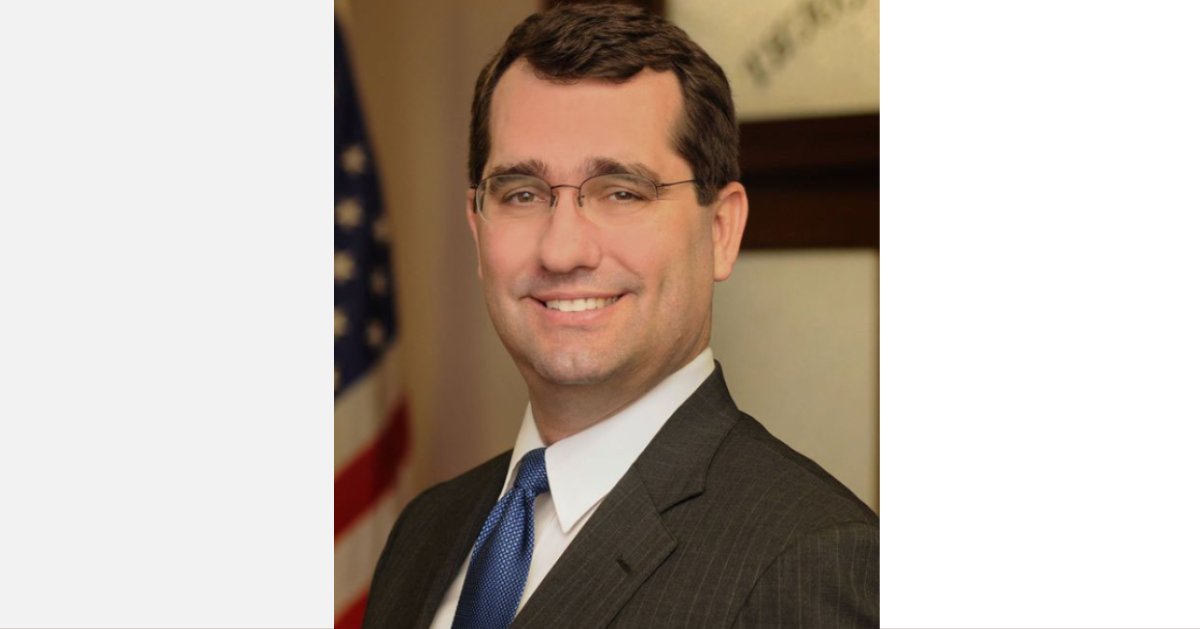AG Derek Schmidt: 10th Circuit opinion affirms states’ authority to require sex offender registries

Office of the Kansas Attorney General
TOPEKA – (August 24, 2020) – A ruling by the United States Court of Appeals for the 10th Circuit has reaffirmed the authority of states to maintain sex offender registries to inform the public and rejected the claim that registries are a form of punishment, Kansas Attorney General Derek Schmidt said today.
The appellate ruling last week reversed a 2017 lower court decision striking down the Colorado sex offender registry as unconstitutional. The case involved a claim brought by three individuals against the director of the Colorado Bureau of Investigation.
“While the offender registry laws in the states differ, the appellate court recognized the sovereign state interests in these laws and applied a legal test that reaffirms the states’ ability to notify Kansans of this important public safety information,” Schmidt said. “We will remain diligent to protect the Kansas law from legal attacks.
Kansas joined Oklahoma, New Mexico, Utah and Wyoming in a brief arguing to the federal appellate court that Colorado’s sex offender registry laws serve a compelling state interest by informing the public and were not punitive in nature or excessive requirements. A three-judge panel of the 10th Circuit agreed, reversing the lower court ruling and upholding the state law as constitutional.
Schmidt said the ruling is significant because any future challenge to the Kansas offender registry law would be governed by the precedent established by the 10th Circuit in the Colorado challenge.
The federal decision in Millard v. Camper is available at https://www.ca10.uscourts.gov/opinions/17/17-1333.pdf.
Schmidt’s office previously successfully defended the Kansas offender registration law in state court against challenges to its constitutionality.







